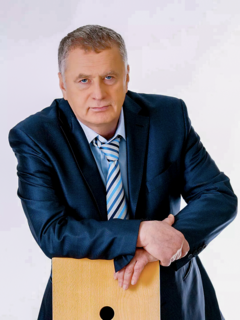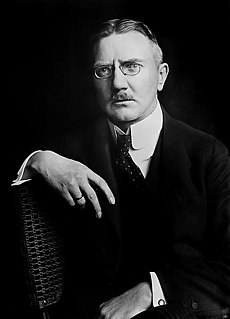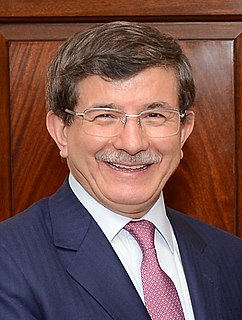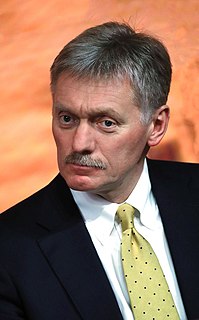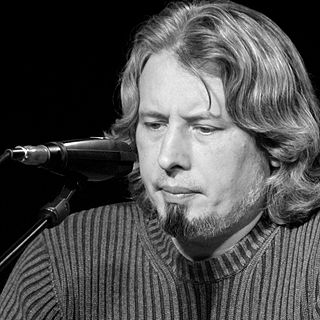A Quote by Vladimir Zhirinovsky
Related Quotes
Any country is hard to govern, even a very small country. It's not a question of whether the country is large or small. It's a question of how you relate to the work, to what extent you feel responsible for it. Russia is also hard to govern. Russia is at the development stage of both its political system and the creation of a market-based economy. It's a complicated process, but very interesting. Russia, actually, is not just a large country, it's a great country. I mean its traditions, and its cultural particularities.
Putin saw the Ukrainian revolution as a challenge to him personally, and I think that's why he, in fact, over-reacted. I think his occupation of Crimea and then annexation for him was actually a mistake from Russia's point of view. And then his invasion of Eastern Ukraine was also a mistake. He imagined that he would invade Eastern Ukraine and then eventually split the country in half, and he discovered that in fact, Russian-speaking Ukrainians are not Russians, and they didn't support him.
As for the eastern part of the former Soviet Union, the picture is rather uniform. Authoritarian structures prevail to differing extents. But we can still determine certain regularities, and the role of Russia is not to be underestimated. It is clear that we would have the same situation in Tajikistan and, let's say, Uzbekistan without the direct influence of Russia.
